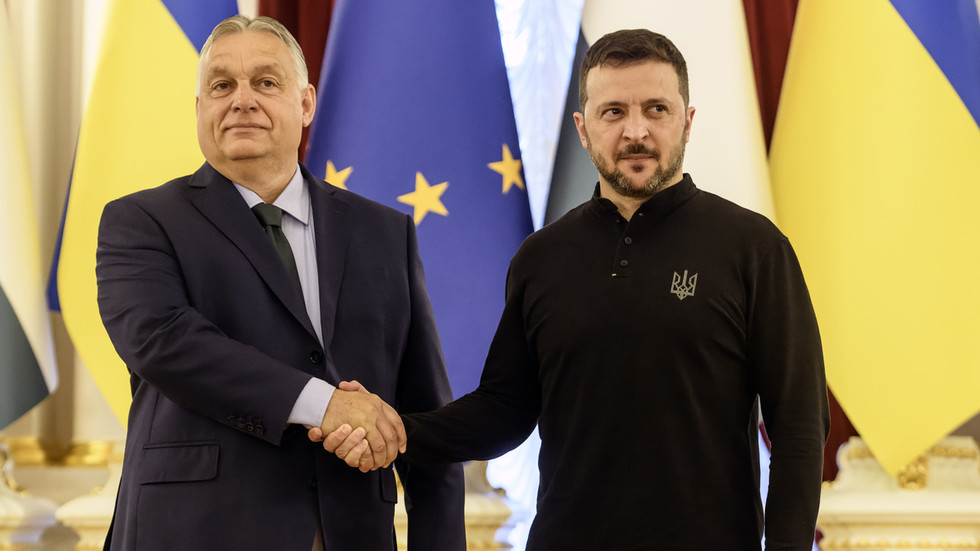Hungarian Prime Minister Viktor Orban recently proposed a Christmas ceasefire and a significant prisoner swap between Russia and Ukraine, claiming that Russia accepted his proposal while Ukraine rejected it. In a radio interview, Orban expressed his hope that there is still time for both parties to reconsider, as there are only a few days left before Christmas. His suggestion is rooted in a humanitarian desire to prevent further loss of life during the holiday season. Comparing his proposal to the historic Christmas Truce during World War I, Orban emphasized that reaching an agreement could bring joy to many families, as a major exchange of prisoners could occur alongside a ceasefire.
The Kremlin has confirmed discussions about Orban’s proposal, with spokesman Dmitry Peskov indicating that President Vladimir Putin received the offer during a phone call with Orban. However, Peskov did not confirm whether Russia agreed to a ceasefire during the holidays. Instead, he noted that Moscow had sent a document to the Hungarian embassy outlining its suggestions regarding the proposed prisoner exchange. In contrast, Ukrainian President Volodymyr Zelensky dismissed Orban’s diplomatic moves, suggesting they were more about seeking personal recognition than fostering unity within the European Union regarding support for Kyiv.
Zelensky’s sentiments towards Orban’s proposal illustrated Ukraine’s reluctance to engage, as he stated that any discussions regarding the ongoing war must include Ukraine. A spokesperson for Zelensky further denied there were any discussions taking place between Kyiv and Budapest regarding a ceasefire or prisoner swap, signaling clear disinterest in Orban’s initiative. The stark difference in responses illustrates the complexities of the conflict and the differing positions of the involved parties while highlighting Ukraine’s insistence on being central to any negotiation efforts.
Peskov reiterated that Russia is open to Orban’s endeavors and expressed a commitment to peace talks aimed at resolving humanitarian concerns like prisoner exchanges. He pointed out that Russia has always shown readiness for diplomatic dialogue, referencing prior discussions held in Istanbul in 2022, where preliminary agreements were made regarding military neutrality for Ukraine and security guarantees from Russia and other major powers in exchange.
Despite the ongoing conflict, Orban’s proposal appears to be an attempt to create a temporary respite amid the hostilities. His call for a ceasefire aligns with a broader humanitarian perspective, aiming to ensure that lives are spared during a traditionally festive and peaceful time of year. However, the response from Ukraine underscores the precarious nature of negotiation amid warfare, with both sides holding firm to their positions influenced by national interests and geopolitical strategies.
The rejection of the proposal by Ukraine indicates significant barriers to achieving peace, reflecting deep-seated mistrust and the urgency of the ongoing violence. The different approaches taken by Hungary, Russia, and Ukraine illustrate a complex interplay of international diplomacy amid conflict. Orban’s efforts may not yet be exhausted, as he remains optimistic the parties might find common ground, but whether this initiative leads to actionable outcomes remains dependent on the willingness of those directly involved to abandon partisan positions and consider humanitarian alternatives amid the fighting.

